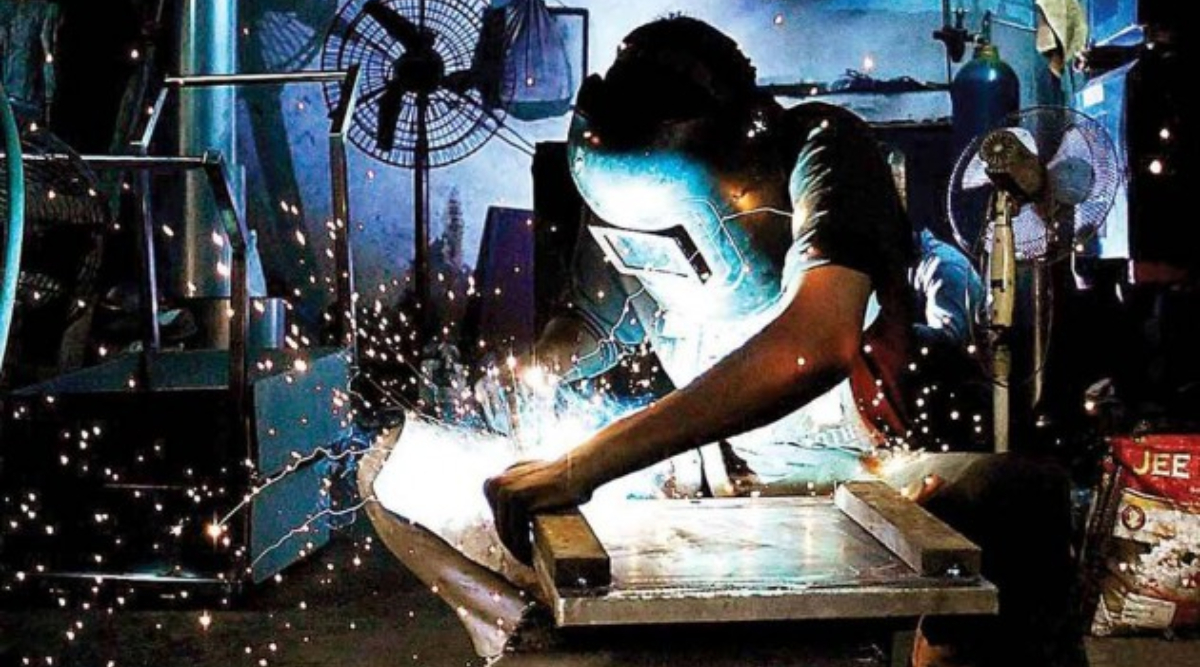Mumbai, November 6: Coronavirus pandemic affected every business across the world. From job losses to pink slips, majority of the companies have suffered. It has been more difficult for small businesses, like gift shops, who had to remain shut for several months in the middle of the lockdown.
Gift shop business is a revenue-generating venture, provided you keep a few things in mind. Across the globe, in the past decade, this business has witnessed a huge growth because of the increase in application for inventive products and extension in the customer base.
Now with the ease in the restrictions, and with the economy opening up, these businesses have also started operating.
Here are 5 tips which you can follow to make your business successful:
Have Strong Online Presence: In today’s age, there is no other alternative, but you need to have a strong online presence. From having an e-commerce website to allowing customers to discover your brand on social media platforms, you should never miss this opportunity.
Spend your funds wisely: After remaining shut for several months, it is very important to use your resources and funds wisely.
Choose Your Niche, Be Original: Remember there are thousands of gift shops in the market. Try and understand how your shop will be different from the rest. It is very important to be original in your idea in order to stand out from the clutter.
Pay attention to hygiene: Since you are opening the shop in the middle of the pandemic. You need to take care of the hygiene and pay other attention to precautions that need to be maintained amid the pandemic.
Make your shop look attractive: Being a gift shop, you will have different items to showcase. Design your shop in such a manner so that you can manage to attract the attention of the audience. Your shop may not be big in terms of the space, but utilise it with proper planning without making it look cluttered.




